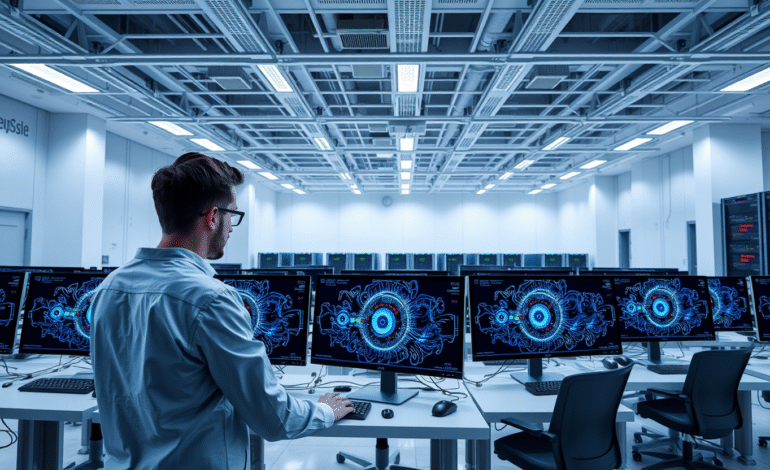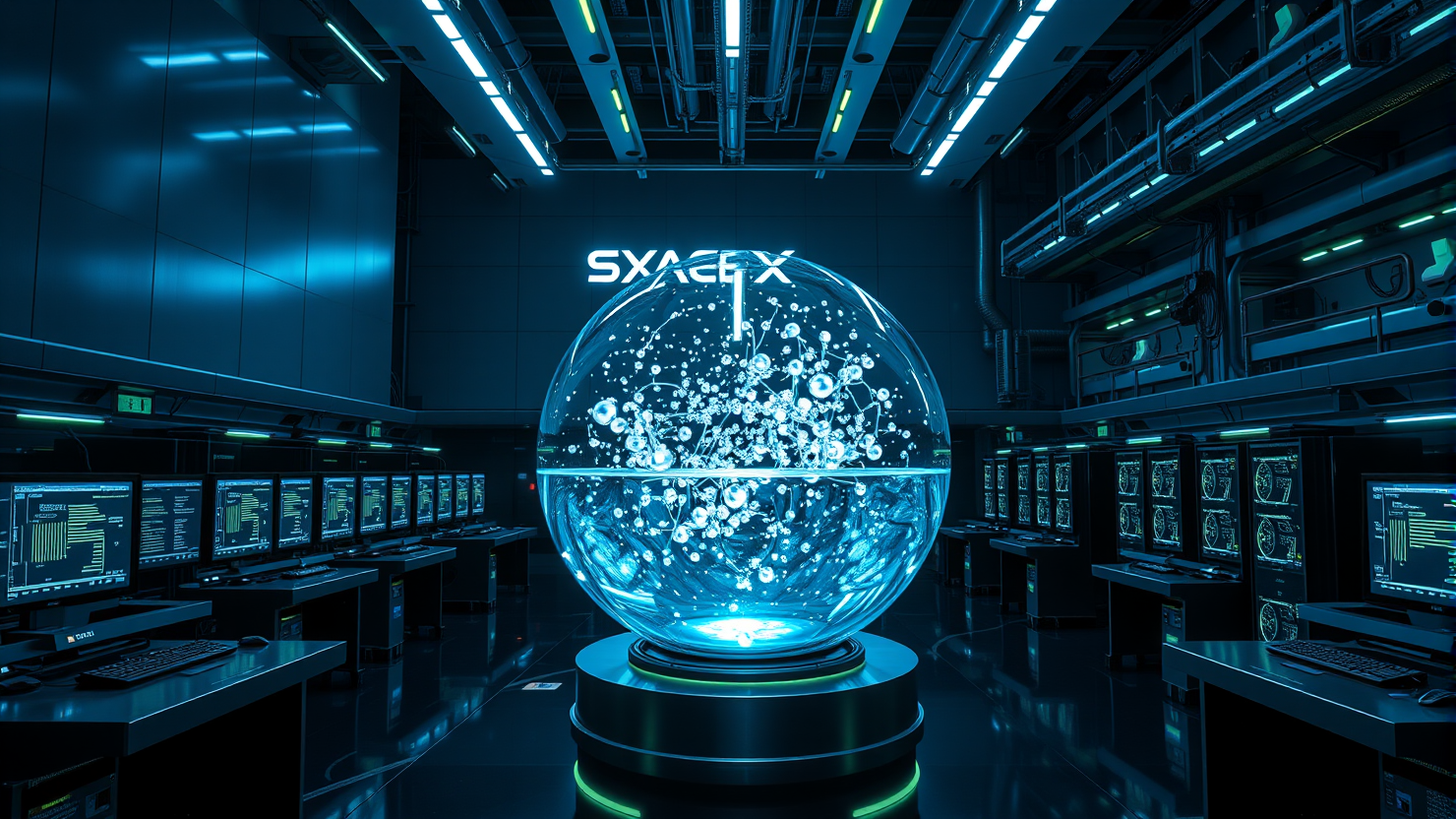DeepSeek’s AI Model Launch Delayed as Technical Issues with Huawei Chips Push Company Back to Nvidia

In a setback for Chinese AI startup DeepSeek, the company has been forced to abandon plans to train its new AI model R2 on Huawei’s Ascend chips and instead revert to using Nvidia’s hardware. This delay in the launch of R2 is causing concern within the industry as China pushes for technological self-sufficiency.
The recent difficulties experienced by DeepSeek serve as a stark reminder of the reality that often contradicts ambitious narratives. The company, which successfully launched its R1 model earlier this year, was pressured by Chinese authorities to prioritize Huawei’s chips over Nvidia’s for the development of R2.
However, DeepSeek encountered persistent technical issues when attempting to train R2 on Huawei’s AI chips. These problems were so significant that the project effectively stalled, leading to the postponement of the planned May launch and leaving the company in a less advantageous position in a highly competitive market.
To grasp the significance of this predicament, it is crucial to understand the distinction between AI training and inference. Training represents the challenging phase where vast amounts of power and stability are required, akin to sending a student to university for years of intensive learning. Inference, on the other hand, is the relatively simpler process of asking questions of a graduate.
DeepSeek discovered that while Huawei’s chips might be suitable for the final exam, they were not yet capable of handling the rigorous university course needed for training. Consequently, the company was compelled to return to Nvidia’s powerful systems to complete the necessary training for R2. Sources suggest that DeepSeek’s team is still striving to make the R2 model compatible with Huawei chips for the less demanding inference phase.
Reports indicate that Huawei even dispatched a team of engineers to DeepSeek’s offices to assist in getting the R2 model running on their chips. Despite this technical expertise, the collaboration failed to achieve a successful training run.
Industry insiders are hardly surprised by these developments. Earlier this year, Huawei CEO Ren Zhengfei acknowledged that while his company has made significant strides, it is still a generation behind in terms of its best chips and that the US may have overstated Huawei’s achievements.
China continues to advocate for domestic hardware usage among its tech giants, with companies now required to justify orders of Nvidia’s export-compliant H20 chip as part of a strategy to create a homegrown champion. However, this focus on local hardware can sometimes lead to technically inferior choices.
Beyond the challenges encountered in using Huawei’s chips for training, DeepSeek founder Liang Wenfeng is reportedly dissatisfied with the overall progress towards R2 and has encouraged his team to strive for greater heights, aiming to create something that positions the company among the leaders of the AI industry.
Despite top-down directives and national pride, the principles of engineering still prevail. DeepSeek’s predicament underscores the fact that in the global race for AI supremacy, there are no easy routes. China is playing the long game, but for now, Nvidia retains its performance crown.





